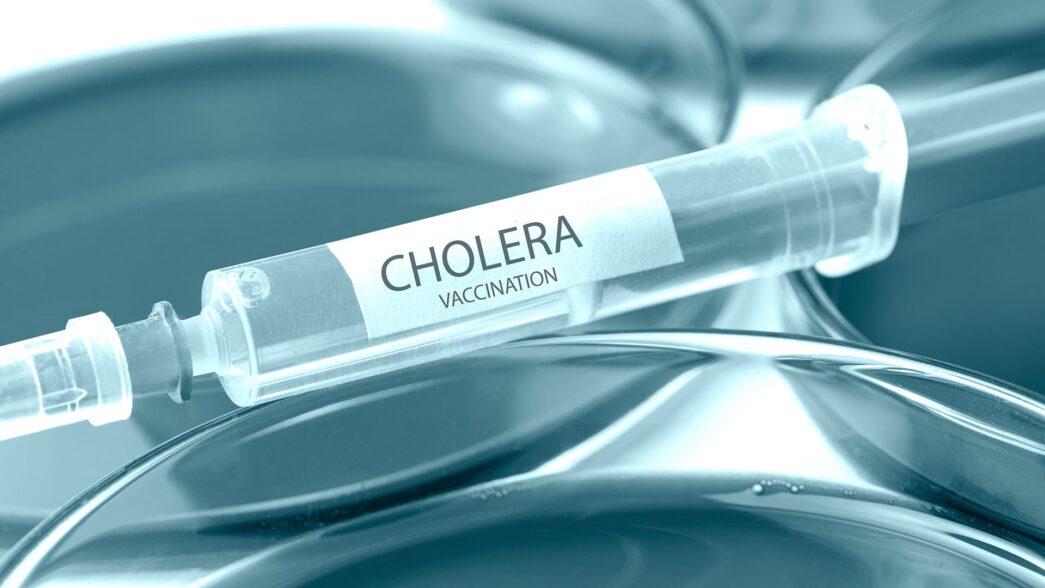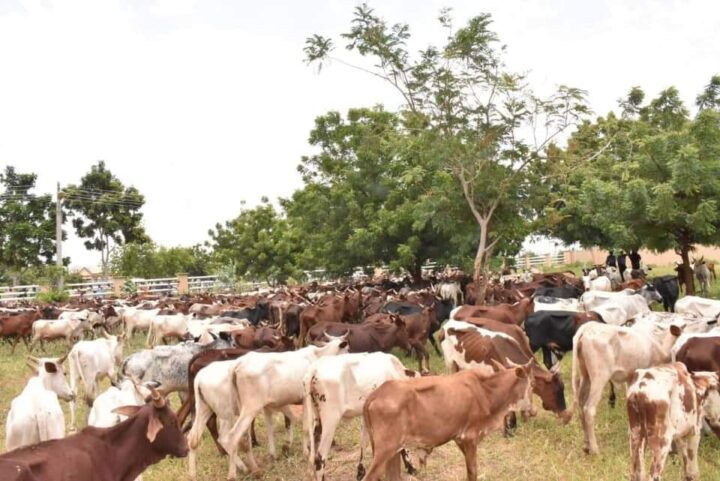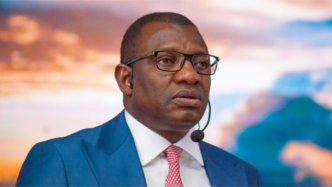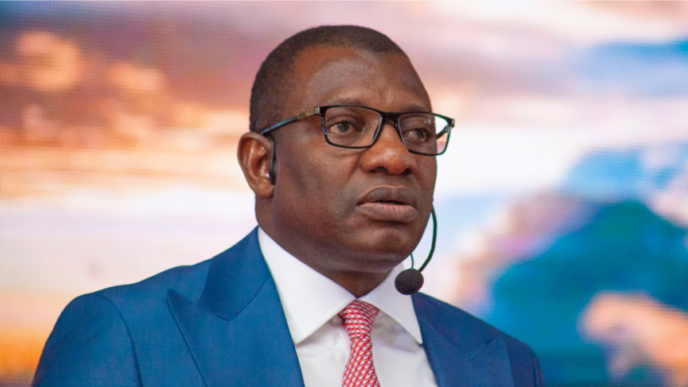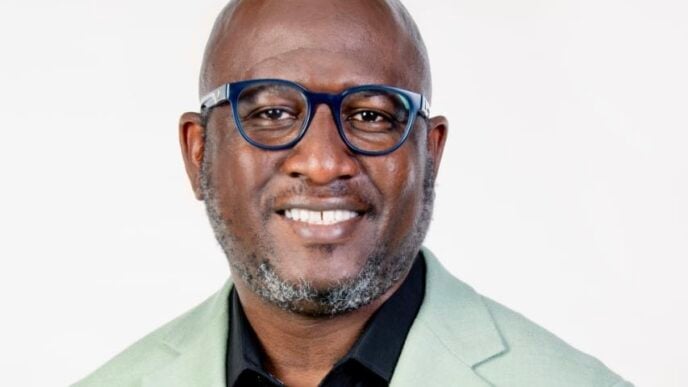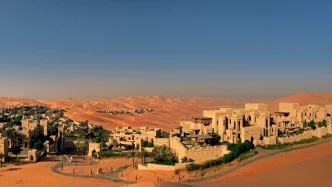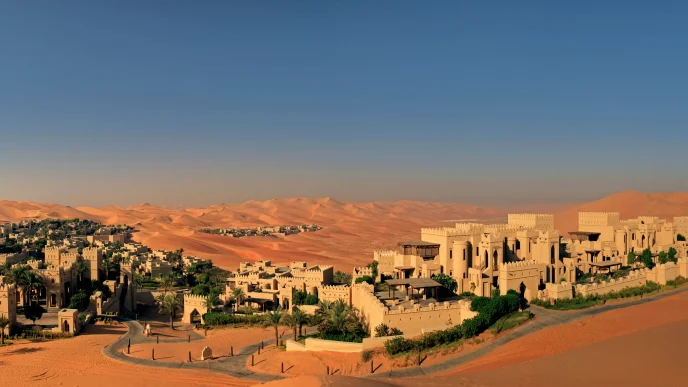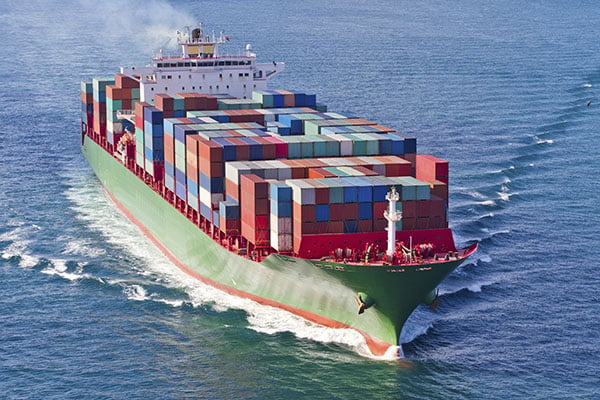BY LEKAN OLAYIWOLA
The struggle for clean water in Nigeria is real and raw, though hidden beneath the politics of everything else. Clean water is not a guarantee; it is a gamble. For millions of girls, it means the difference between sitting in class and walking miles before dawn, between surviving cholera and succumbing silently.
The politics of water are not in budget lines alone; they are inscribed in the bodies of children, in the choices mothers make between boiling and praying, and in the quiet erosion of dignity across communities. This is not just a crisis of infrastructure. It is a crisis of empathy—and it is costing lives.
Mapping Water Crisis across Regions
Advertisement
Water insecurity in Nigeria takes regional shapes. In the north-east, insurgency and displacement leave families reliant on donor water trucks. In the north-west, cholera outbreaks force communities to use streams shared with livestock.
The north-central, including flood-prone Niger state, reveals both vulnerability and weak early warning systems. The south-west’s sprawl overwhelms water planning, leaving informal settlers dependent on vendors.
The south-east contends with erosion and polluted rivers. The south-south, despite its water wealth, suffers from oil spills and industrial contamination. Across all six zones, the pattern is consistent: water insecurity translates into human insecurity.
Advertisement
The Cholera Cartography: When Water Becomes a Weapon
Cholera is no longer episodic in Nigeria; it has become recurrent across most states. In 2025, outbreaks have spread to 34 states. UNICEF warns more than 80,000 children in West and Central Africa, including Nigeria, are at high risk. In Zamfara’s Bukkuyum district, at least eight people died and more than 200 were infected in August.
In Abuja’s Shishipe community, families still rely on a muddy stream for drinking water, shared with livestock, surrounded by open defecation sites. A woman interviewed by ICIR described how her children regularly fell ill with diarrhoea, but there was no alternative source of clean water.
Cholera is preventable. Its persistence is a sign that clean water is being treated as a privilege instead of a right. Political inertia, chronic underfunding, and elite insulation nourish this crisis. The Water Resources Bill remains stalled. Constitutional silence on water rights remains deafening. And the result is a recurring epidemic that not only kills bodies but fractures trust between citizen and state.
Advertisement
How Water Scarcity Steals Education from Nigerian Girls
The burden of water collection falls most heavily on women and girls. In Bauchi state, 13-year-old Uzzayah Idris wakes before dawn to fetch water for her family, walking long distances before heading to school.
Often, she arrives late, tired, or misses lessons entirely. UNICEF documents similar stories across the north-east and north-west. When water is far, school becomes optional.
During menstruation, the absence of clean toilets and running water forces many girls to stay home. UNESCO estimates that one in ten Nigerian girls drops out of school due to period poverty and poor WASH (Water, Sanitation, Hygiene) facilities. These lost days are not mere absence; they are lost dignity, lost opportunity, endangered futures.
Advertisement
The Hidden Epidemic of Unsafe Water
Even in urban and suburban Nigeria, turning on the tap sometimes brings sickness. In Kogi and Niger states, residents report water that smells of rust and tastes of sewage, leading to recurring outbreaks of typhoid. In satellite towns of Abuja, treatment chemicals like chlorine and alum often run out, leaving families exposed.
Advertisement
The neglect is not new; it is layered. Decades of underinvestment, reactive policy, and weak regulation have created a system where water harms more than it heals. The deeper question remains unanswered: why is clean water still a luxury in a country with vast freshwater resources?
Water for the Rich, Thirst for the Poor: Lagos’ Hydration Divide
Advertisement
In Lagos, the paradox is sharp. In affluent neighbourhoods like Ikoyi and Lekki, homes have boreholes, filtration systems, and storage tanks. But in informal settlements like Makoko and Agege, families depend on vendors selling untreated water at exploitative prices. A 25-litre jerrycan costs ₦150–₦200.
The cost of buying enough water for domestic use is sometimes more than many households spend on food in a day. Mothers ration water between cooking and bathing. Children. Vendors profit from desperation.
Advertisement
This is empathy failure. When a city’s water system is built on inequality, it becomes not just unjust, but unsustainable. The emotional toll is cumulative: shame, exhaustion, fear.
What is unique in this moment is how visible the gap has become between what we know and what we tolerate. The data, the statistics, the recurring epidemics—all are known to the state and to civil society. Yet water remains treated as a sectoral issue, not a core condition of citizenship.
The moral architecture—empathy, dignity, historical accountability—is no longer optional rhetoric but urgent infrastructure for survival. This is not simply a demand for pipes or clean water; it is a demand for civics to catch up with daily life.
Policy Stalemate and the Ghost of the Water Bill
Nigeria has laws, agencies, and international commitments. The Water Resources Bill, introduced in 2017, offered promise but remains stalled amid fears of federal overreach. State water boards are underfunded or inactive.
Treatment plants in many states operate at below half capacity. Budget allocations are erratic; funds are often delayed or diverted. Citizens are left to fill the gaps even when those gaps threaten life.
Toward Water Justice and Relational Repair
The path forward cannot be engineered without a relationship. Communities must be co-designers of water systems, not passive consumers. But models for repair already exist across the Global South.
In South Africa, community-led water committees have transformed neglected townships by linking residents directly with municipal engineers—an arrangement that restored not just supply, but trust.
In Bangladesh, low-cost chlorination kiosks and women-led cooperatives now ensure thousands of households have safe drinking water within walking distance. In Kenya, rainwater harvesting in schools has cut absenteeism among girls during dry seasons, showing how simple infrastructure can unlock education.
In Sierra Leone, “WASH clubs” in schools have taught children to become water stewards, shifting hygiene from policy paper to daily practice.
Prioritising Just Water
Water must be recognised as a right, not a privilege determined by geography or class. It cannot depend on whether a child is born in Makoko or Maitama, or whether a girl goes to school in Bauchi or Benin.
Schools must be safe for girls with toilets, taps, and privacy. Dams must be maintained, flood plains mapped, and early warning systems made functional. Treatment chemicals must be guaranteed, not rationed.
Lekan Olayiwola is a peace & conflict researcher/policy analyst. He can be reached via [email protected]
Views expressed by contributors are strictly personal and not of TheCable.

